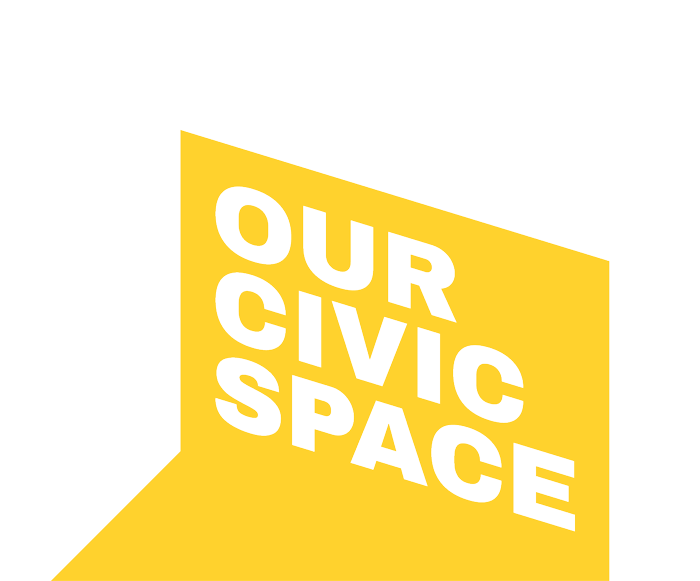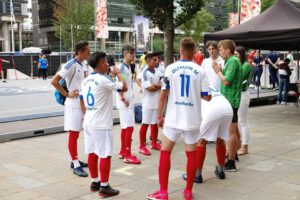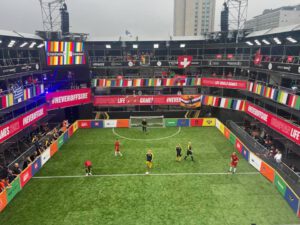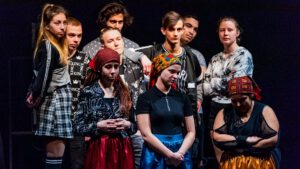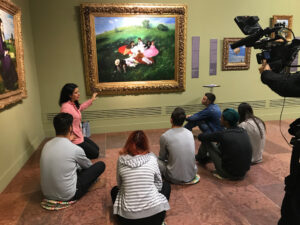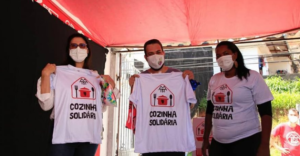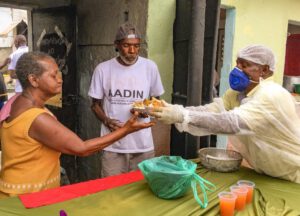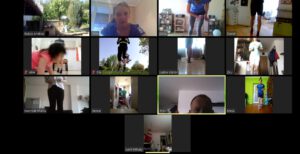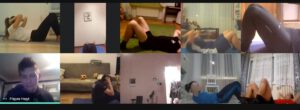The Kids Rights Collective (Het Kinderrechtencollectief)
Kids have the right to participate. This is part of the United Nations Convention on the Rights of the Child. But how do you include young people in municipal policy? In the Netherlands, this differs strongly per municipality. There are for instance municipalities who are busy establishing a so called ‘Child Right’s City’. Other municipalities have appointed an employee specifically focusing on child’s rights. However, there are also municipalities who are still struggling to find a suitable way to incorporate child’s rights in their communities. For those in need of ideas there is this beautiful example of youth participation in Utrecht!
Jennifer Lekkerkerker, policy advisor at the municipality of Utrecht: “You will be surprised to see how well young people can put into words what they need and how many beautiful ideas they can come up with.” Séun Steenken, board member at the National Youth Council of the Netherlands is also enthusiastic: “In collaboration with the municipality and some other partners we founded a local youth think tank. Every two weeks we discuss what we can do to support youth in Utrecht.” Keep up the good work Jennifer and Séun!
Written by Kinderrechtencollectief (translated by ISA)
